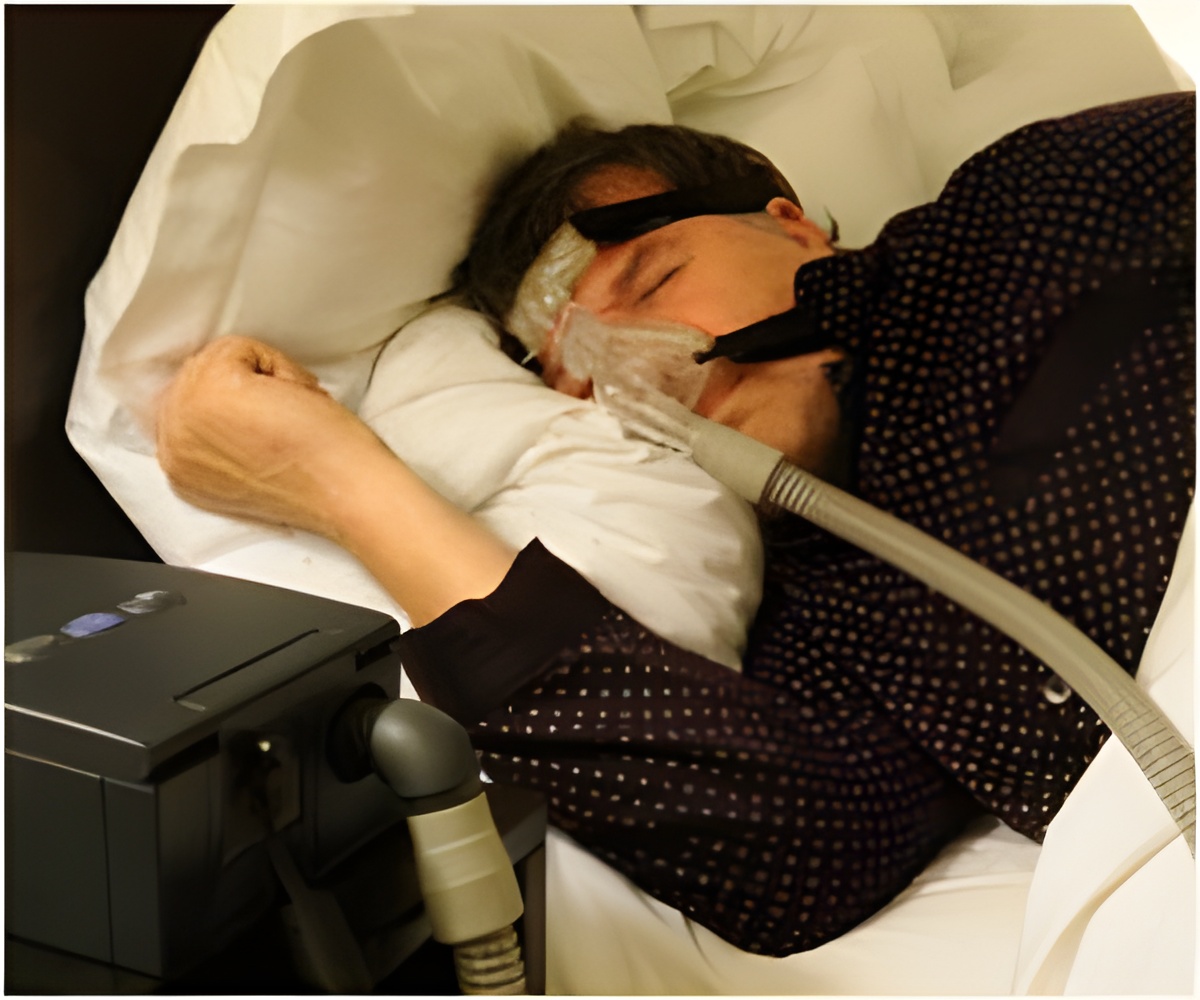Two randomized trials` results point that among intensive care unit (ICU) patients receiving prolonged mechanical ventilation, administering sedative dexmedetomidine was not inferior.

Stephan M. Jakob, M.D., Ph.D., of Bern University Hospital and the University of Bern, Switzerland, and colleagues conducted 2 large, randomized controlled trials to assess whether dexmedetomidine is noninferior to midazolam or propofol in maintaining mild to moderate sedation and offers benefits in terms of reduced mechanical ventilation and ICU stay and patients' ability to communicate during sedation. The two trials (MIDEX and PRODEX) were carried out from 2007 to 2010. The MIDEX trial compared midazolam with dexmedetomidine in ICUs of 44 centers in 9 European countries; the PRODEX trial compared propofol with dexmedetomidine in 31 centers in 6 European countries and 2 centers in Russia. Included were adult ICU patients receiving mechanical ventilation who needed light to moderate sedation for more than 24 hours (midazolam, n =251, vs. dexmedetomidine, n = 249; propofol, n = 247, vs. dexmedetomidine, n = 251).
The researchers found that dexmedetomidine was not inferior to midazolam or propofol for long-term sedation in mechanically ventilated ICU patients. Dexmedetomidine appeared to shorten duration of ventilation compared with midazolam but not compared with propofol; however, time to extubation (tube removal) was reduced compared with both midazolam and propofol.
The authors also found that patients receiving dexmedetomidine were more arousable, more cooperative, and better able to communicate their pain than patients receiving either midazolam or propofol.
Length of ICU and hospital stay and mortality were similar between groups. Dexmedetomidine vs. midazolam patients had more hypotension (abnormally low blood pressure) (20.6 percent vs. 11.6 percent) and bradycardia (abnormally slow heartbeat) (14.2 percent vs. 5.2 percent).
"… dexmedetomidine may provide clinically relevant benefits compared with standard sedation, even when measures to reduce the risks of oversedation are implemented. The better arousability and ability to communicate pain should allow more appropriate use of opioids and facilitate earlier mobilization and functional recovery," the researchers write.
Advertisement
Editorial: Weighing the Costs and Benefits of a Sedative
Advertisement
"These 2 randomized controlled trials provide important evidence that dexmedetomidine is an effective sedative compared with both midazolam and propofol, and its use may be associated with decreased time to extubation, easier communication with patients, and better assessment of pain. But with the focus on cost containment at many hospitals, consideration of expense may preclude broad use without more tangible long-term outcome data and without confirmation that the benefits are due to the choice of sedative and not solely the lighter sedation levels achieved. Dexmedetomidine comes off patent in the United States in 2013. When there is no longer a need to weigh the drug acquisition costs, even uncertain improvements in the patient experience should be justification enough for broader use of dexmedetomidine in the ICU."
Editor's Note: Please see the article for additional information, including financial disclosures, funding and support, etc.
Source-Eurekalert










